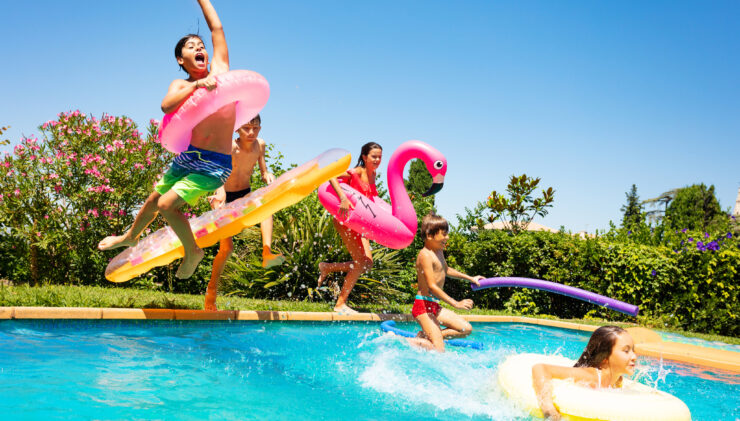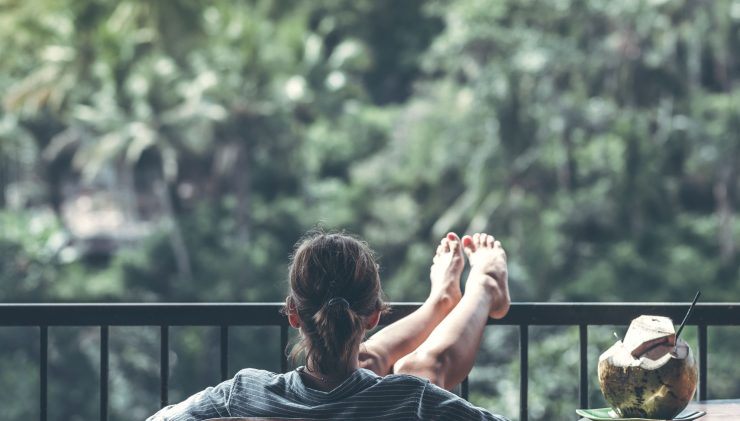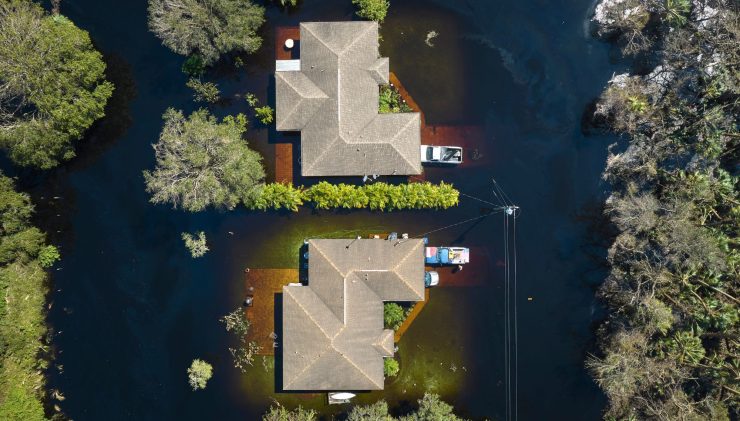 Why Personal Liability Risks Spike in the Summer
Why Personal Liability Risks Spike in the SummerYou always look forward to visiting your vacation home – but there’s also a sense of dread. What if something happened while you were away? From the danger of fires to the risk of break-ins, there’s a lot that can go wrong. Use these tips to reduce the risk.
1. Have someone check in regularly.
It’s hard to manage risks you don’t know about. Having someone check on your vacation house regularly is the best way to ensure that any problems are caught quickly. Use a checklist to look for a variety of possible issues, including mold, pests, leaks, and anything in need of repair.
- Inspect the home regularly yourself.
- Ask visiting friends and family to check on specific things.
- Hire someone to check on the house.
2. Keep pests under control.
While the cat’s away, the mice will play – and so will the ants, termites and bats.
- Don’t leave food out that will attract pests.
- Seal any openings that raccoons, possums and other animals could use to enter your home.
- Hire a pest control professional if signs of pests are observed.
3. Put out fire risks.
Both house fires and wildfires have the potential to destroy your vacation home. Take measures to minimize the risk.
- Keep electronics unplugged when no one’s there.
- Keep vegetation trimmed. Overgrown plants can create a fire hazard. Hire someone to do yard maintenance while you’re away.
- See the National Fire Protection Association for more tips on preparing homes for wildfires.
4. Keep flooding and water damage risks down.
After a fire, a flood is one of the worst things that can happen to your home. Even small amounts of water damage can lead to big problems, including mold.
- Fix any leaks as soon as they’re discovered.
- Keep drains clear of clogs and debris.
- Install and maintain a sump pump in the basement to prevent flooding.
- Insulate pipes to prevent them from bursting during cold weather.
- Shut off the main water valve when no one’s there.
5. Install good security and alarm systems.
These systems will sound the alarm if there’s a fire, carbon monoxide leak or break-in. Modern systems might even help you prevent problems.
- According to the National Fire Protection Association, you need working smoke alarms in every bedroom, outside every sleeping area and on every level. You also need carbon monoxide detectors on every level and near every sleeping area. Replace the batteries twice a year.
- Modern smart home devices can detect water leaks and other problems immediately.
- Camera and speaker systems let you keep an eye on your home and even speak to people on your doorstep – from miles away.
6. Update your insurance.
When was the last time you reviewed your vacation home insurance? If property values have increased, updates have been completed, or you’ve added a few more recreational toys, it may be time for a coverage review. Ask Heffernan Insurance Brokers to take a look.




